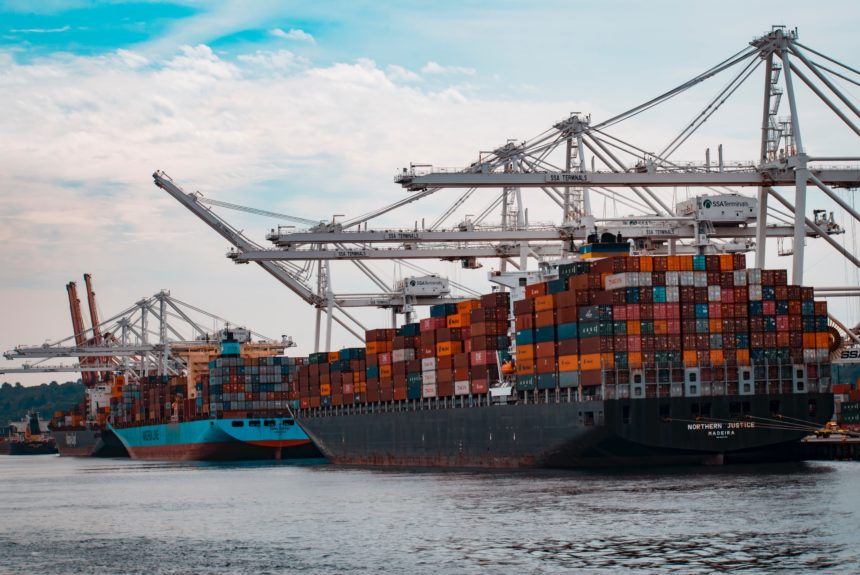Infrastructure negotiations continue to drag on as Democrats and Republicans are far apart on any compromise. Much of the disagreement centers on the gap in desired spending levels and how that money should be spent. But regulatory improvement needs a permanent seat at the negotiating table. Removing onerous, counterproductive regulatory impediments would drive more private sector infrastructure investment and stretch public spending even further.
At the top of the list is the National Environmental Policy Act, or NEPA. Signed into law more than 50 years ago and comprised of only 6.5 pages of single-spaced text, NEPA requires federal agencies to conduct environmental assessments of public works projects and government actions. NEPA impacts everything from highways and solar arrays on federal lands to high voltage transmission lines. The time to complete NEPA reviews for transportation projects tripled from 2.2 years in the 1970’s to 6.6 years in 2011.
As President Biden aspires to do “build back better”, companies need to be able to build in a timely manner. Reducing permitting timelines for projects on federal lands from an average of 4.5 years to 2 years will be critical to the Biden administration’s target of permitting 25 gigawatts of renewable power on federal land by 2025. The Trump administration’s modernization of NEPA would make that two-year environmental assessment timeline attainable. The BUILDER Act would codify those reforms and bring more long-term certainty to the process.
To be clear, these improvements are by no means gutting environmental reviews but instead move projects forward in a timely and environmentally compliant manner. Importantly, it will ensure that communities are heard, not hijacked by anti-development, litigious activists.
An infrastructure bill also provides an opportunity to modernize America’s ports. If Congress wants to improve U.S. coastal infrastructure, repealing the Foreign Dredge Act is a necessary first step. More than a century old, the Act prohibits any foreign-built or chartered ships from dredging in the U.S. Consequently, some of the world’s world class dredgers that could deepen and widen America’s ports at a fraction cost and time, cannot bid on contracts. The Dutch and Belgians own these dredgers, not some country that is hostile to the U.S.
Allowing competition would be beneficial to taxpayers, American consumers and companies and the environment. Taxpayers would save money because the Army Corps of Engineers and state and local governments are the customers for dredging projects. Families and businesses would be better off because ports would be greater hubs for economic activity. With just an inch of additional depth, a cargo ship could transport millions of dollars in more products per trip. The National Oceanic and Atmospheric Administration equates that additional inch of depth to “50 more tractors, 5,000 televisions, 30,000 laptops, or 770,000 bushels of wheat.” Increasing activity at U.S. ports would provide more opportunities for American farmers, manufacturers and businesses to export their products.
Deeper, wider port channels would also improve transportation efficiency, reducing emissions from unwanted congestion and light-loading. Unable to accommodate two-way traffic or larger cargo ships, port channels across the U.S. have become congested. As a result, companies move more goods through truck or rail, increasing congestion and wear-and-tear on America’s highways.
Light-loading occurs when ships cannot carry a full cargo load through a channel because the channel can’t accommodate the depth; therefore, ships offload some of their cargo at a different port before making its way to its final destination. Both congestion and light-loading waste time, money and generate more emissions than otherwise would occur. In addition, dredging is an effective tool to protect against coastal erosion.
The cronyist, statutory sibling to the Foreign Dredge Act is the Jones Act, which requires that shipments between two domestic ports be on U.S.-built, owned, flagged and crewed vessels. The Act makes its way into the news cycle when the shipping restrictions exacerbate emergencies. Most recently, when hackers shut down the Colonial Pipeline, the Biden Administration wisely waived restrictions to allow foreign vessels to transport fuel to the East Coast. In 2014, a ship from the Marshall Islands docked in Maine wasn’t allowed to deliver rock salt to New Jersey, which the state desperately needed to address slick roads in the winter.
The reality, however, is that the Jones Act is a constant thorn in the side of American families and businesses, particularly non-contiguous states and territories. Rather than pay competitive prices for shipping, Americans pay more for a number of goods for no meaningful economic or national security benefits. Further, as the New York Times recently noted, the Jones Act “blocks wind farm developers from using American ports to launch foreign construction vessels.”
Progressives are insisting that climate change be a large part of any infrastructure package. Rather than recklessly spend and borrow, policymakers should remove government-imposed barriers that would drive infrastructure investment, job growth and emissions reductions.
The views and opinions expressed are those of the author’s and do not necessarily reflect the official policy or position of C3.
